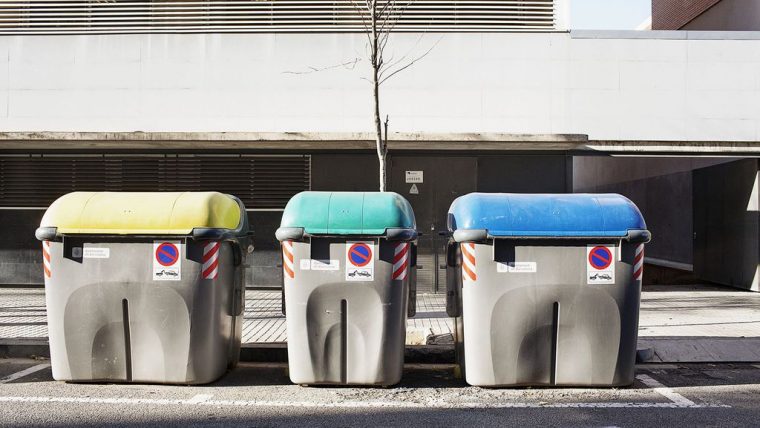Barcelona premiará a quien más recicle
Sustainability and Recycling

Para nadie es desconocido el crítico escenario ambiental que enfrenta España y el mundo. En esa línea, el Ayuntamiento de Barcelona está tomando medidas rigurosas para reducir la contaminación: a nivel atmosférico, para reducir los gases contaminantes, a nivel arquitectónico con la construcción de nuevas supermanzanas que tienen como principal objetivo tener más espacios verdes para peatones, reduciendo la cantidad de coches y a nivel de reciclaje, instaurando nuevas medidas que pretenden premiar a quienes creen una conciencia ambientalista y reciclen a diario.rn
Según estudios, se estima que cada habitante de Barcelona produce más de 490 kilos cada año, de los cuales más de 300 kg se dejan en los contenedores grises o papeleras, es decir no se reciclan. Esta gran cantidad de basura se incinera, lo que genera muchos gases contaminantes, o simplemente va a parar a los principales vertederos de la ciudad. En esa línea, el Ayuntamiento de Barcelona ha adelantado que comenzará a cobrar una tasa de recogida de residuos a partir de mayo de 2020.
¿Cómo se cobrará esta tasa?
Esta nueva normativa afectará a más de 550.000 familias quienes pagarán entre 2,25 y 4,25 euros en la factura del agua, lo que equivale a 27 y 51 euros al año. Este impuesto tiene como principal objetivo mejorar el proceso en la recogida y selección de la basura para su posterior reciclaje y potenciar una conciencia medioambientalista en la población. En esa línea, es importante destacar que hoy sólo 37,7% de la población recicla, proyectándose que gracias a esta medida este porcentaje debiera subir al 65%.
La buena noticia es que el Ayuntamiento ofrecerá descuentos a quienes utilicen los puntos limpios, de hasta un 14% para quienes reciclen entre 15 veces o más al año.
Así mismo, se pretende generar un recibo personalizado a partir del 2021 para premiar a quienes más reciclen y menos generen basura. Esto, gracias al sistema inteligente de recogida, previendo que los contenedores puedan identificar a sus usuarios (26.000 contenedores serán sustituidos y se espera que estos tengan un chip para identificar las familias o incluso se puedan abrir con una tarjeta).
La Generalitat aprobará a partir del 2020 la ley de residuos catalana, por lo que será obligatorio aplicarla en todos los municipios.
Para más información ingresa a: Barcelona.cat
Foto de Barcelona.cat



